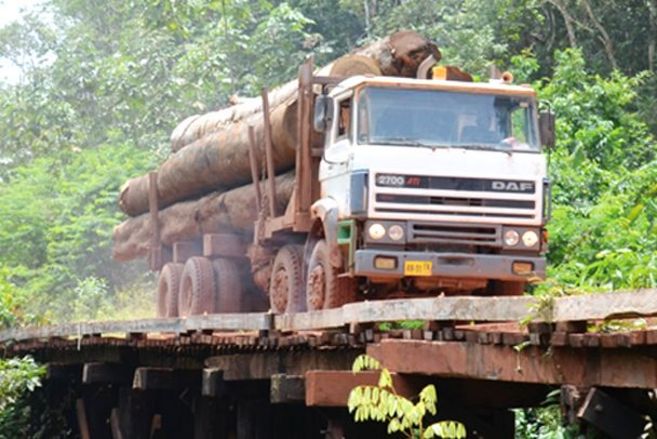To answer this question, we conducted a systematic literature review on the impact of forest certification on forest degradation, deforestation, and economic viability. We found that much of the existing research focuses on the impacts of forest certification on forest degradation and the economic viability. Only a few studies examine the impact of forest certification on deforestation. Based on the results of the empirical studies reviewed, the impact of forest certification on forest degradation has been reported as positive (70%), neutral (21%), or partially positive as well as negative (9%). Economic viability has been found positive (50%), negative (33%), or partially positive as well as negative (17%), and impact on deforestation has been found positive (54%) or neutral (46%).
However, an overrepresentation of studies on the FSC scheme, the application of different methods, and site-specific indicators in the individual studies challenge a comparison between case study areas and hamper the generalization of results.
- Wolff S, Schweinle J (2022) Effectiveness and economic viability of forest certification: a systematic review. Forests 13(5):798, DOI:10.3390/f13050798




![[Translate to English:] Logo des Bundesministerium für Ernährung und Landwirtschaft](/media/allgemein/logos/BMEL_Logo.svg)